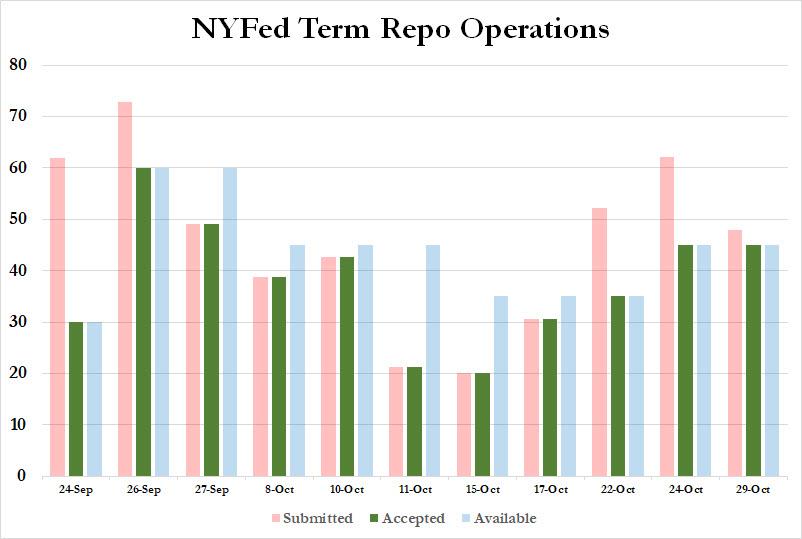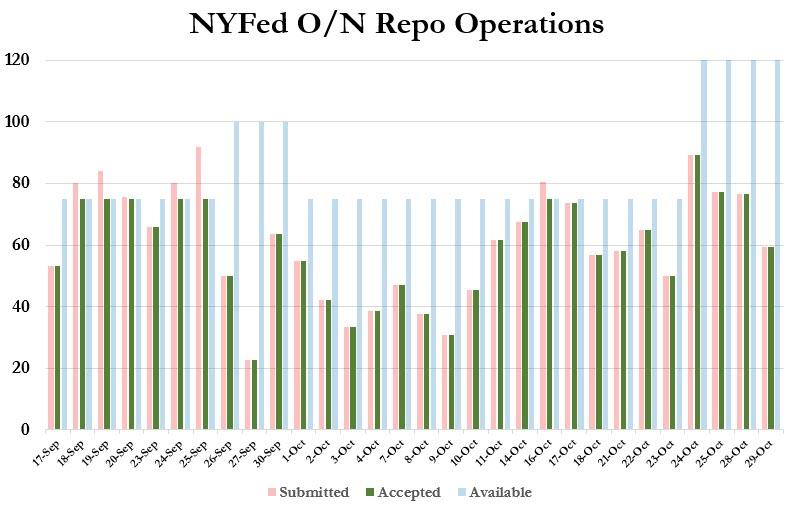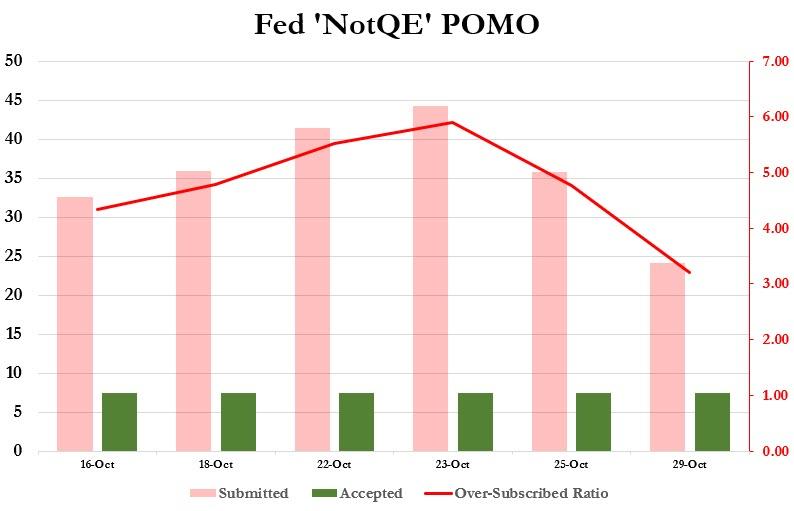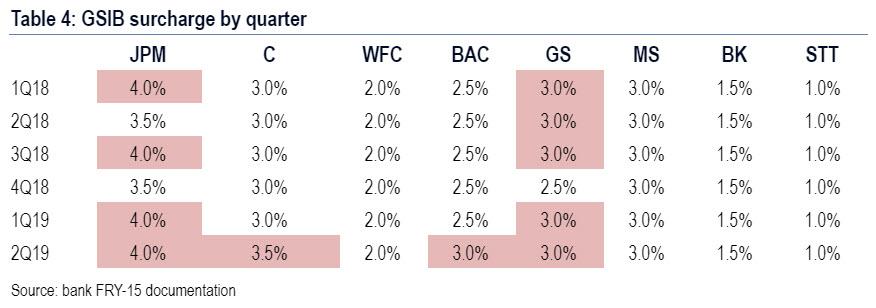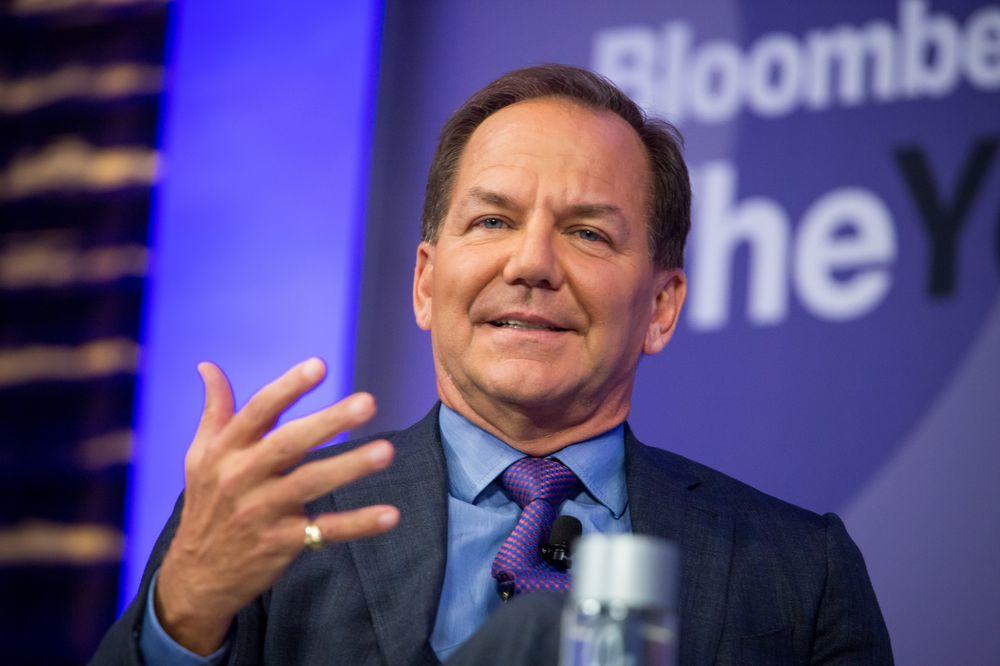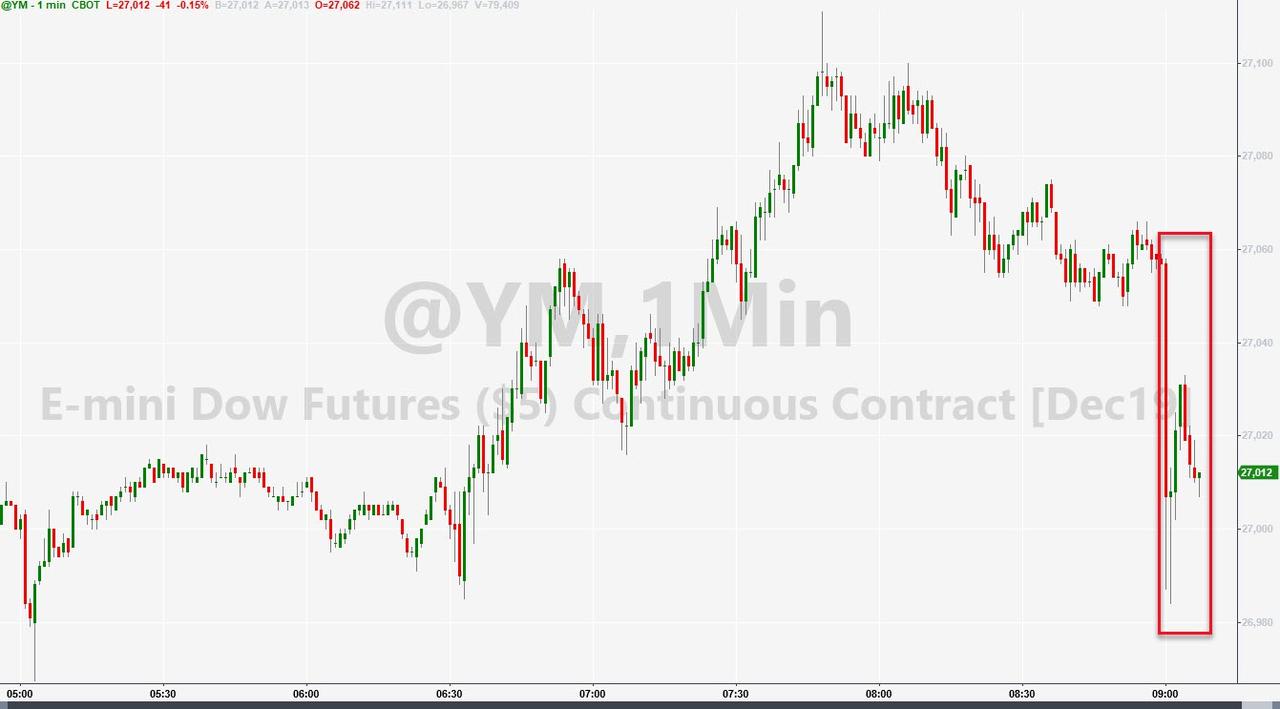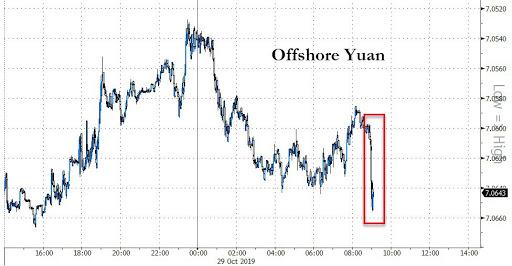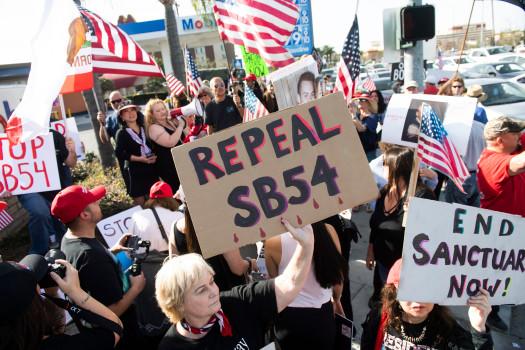California’s Blackouts Are Part Of A Far Bigger Problem
Authored by Leonard Hyman and William Tilles via OilPrice.com,
This past weekend, Pacific Gas & Electric had to resume electricity blackouts to 930,000 customers affecting upwards of three million people around San Francisco. Meanwhile, two major wildfires, one of which may have been caused by malfunctioning utility equipment, are burning and evacuations are underway. PG&E has informed customers that power in the affected areas may be out for up to one week.
It would not be overstating the case to talk about an air of crisis or panic in the state. Unfortunately, good ideas to resolve difficult, thorny issues seldom arise in troubled circumstances. And California’s Governor Newsom provides us with a ready case in point.
Yesterday Bloomberg News reported that the California Governor was interested in a takeover of PG&E by Warren Buffett’s Berkshire Hathaway Corp. On its face, it sounds logical in several ways.
First, Berkshire already owns utilities serving California, Oregon, Washington, Nevada, Utah. Wyoming and Idaho. PG&E would fit in.
Second, Buffet notoriously has told investors to buy when there is “blood on the streets”, that is, where the investment outlook looks bleak and most investors stay away, fearful of principal risk. Presumably, the governor envisages Berkshire purchasing the PG&E’s equity at a steeply discounted price, replacing a considerable portion of the utility’s outstanding long-term debt and appointing new senior management and a new Board of Directors.
There is one difficulty here in viewing Mr. Buffett as a potential financial white knight riding to California’s rescue. The current crisis is caused by an extensive above-ground high voltage transmission network sparking wildfires in an increasingly arid environment. Stated differently, the world that this transmission system was built for no longer exists.
This is a profound operational problem.
Having Mr. Buffett alter the utility’s capital structure, management and board would not address these issues. The Oracle of Omaha might be amazing, but he can’t reverse the impacts of climate change and the immense operational difficulties it presents for this utility. But it would solve one problem for the Governor.
A crisis of this magnitude requires politicians to at least appear to act on behalf of the public good. A change in utility ownership might deflect criticism away from politicians and regulators and buy some time. But this is like a hot-potato-in-the-lap: it has to be removed immediately regardless of the consequences. Not an ideal environment for sober reflection on difficult infrastructure questions.
What compounds the present political difficulties is the unfortunate legacy of the Enron scandal in California and its political aftermath. The bottom line? Shortly after being elected to a second term Governor Grey Davis lost a recall election and became only the second governor in US history to be removed from office in this fashion. The cause? The calamitous introduction of electricity deregulation in California, complete with price spikes, dodgy energy trading, rolling blackouts and the bankruptcy of PG&E The villain then was Enron and its various schemes (one of which was literally called “Starve Granny”) to manipulate wholesale power prices. Today’s “villain” is an inhospitable climate for conventional high voltage power transmission.
Every politician in California is aware of this history.
We would propose something simple to start. Right now California needs ideas. We propose the Governor constitute a commission of energy experts with two simple mandates: do a quick 30-day assessment and then a lengthier report at the end of twelve months. What the brief assessment would do is something no politician wants to say. That is, there are relatively few steps to ameliorate this situation in the short term.
But there may be a lot to do given longer time frames.
Sober policymaking in the present environment is almost all but impossible. The electric power delivery system has become problematic almost in its entirety. It’s even impacting the state’s electric vehicle industry. Solutions will be neither quick nor cheap. Perhaps naively, we believe that telling unpleasant truths via a commission of energy experts is the best path forward.
Tyler Durden
Tue, 10/29/2019 – 13:05
via ZeroHedge News https://ift.tt/2pmoVEA Tyler Durden

